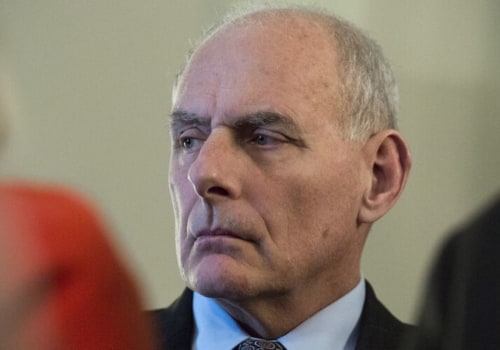Leaders have a lot of responsibility and can often feel overwhelmed. To be a good leader, it is essential to take care of your own mental and physical well-being. A routine of breaks every hour to assess signs of stress and emotional needs can help. Setting manageable priorities is important, and it is essential to keep the boundary between work and family life clear.
Self-care should be a priority, and it is important to plan tasks for each day and delegate when possible. It is also beneficial to practice stress prevention and management techniques from other business leaders. Yoga and meditation can be effective if done with a trained specialist. Finally, it is important to identify the source of stress and listen to and validate the experiences of others.
The best leaders are selfless people who work toward a higher purpose and serve their people. They are quick to devote their personal time and energy to getting the job done. However, to be a good leader, you must start by taking care of your own mental and physical well-being. When you make self-care a priority, you strengthen yourself in the long term and set a good example for your team.
Setting manageable priorities is important at any time, but in times of crisis it's more important than ever. Think about the activities and projects that are absolutely fundamental to the mission of your organization and reject the rest. Keeping priorities clear makes your work sustainable and protects you and your team from exhaustion. It's easy to feel overwhelmed during difficult times, but when you lose focus, you create stress.
When you plan your tasks for each day, keep an accurate view of what's most important and what's reasonably achievable. Schedule less important tasks for the future and delegate when you can. At a time when the boundary between work and family life is even more blurred than usual, it's important to find effective ways to keep it clear. Commit to the time you spend each day, whether you spend it connecting with family and friends, reading, exercising, doing a prayer or meditation practice, or listening to music - whatever recharges you.
To show others that you don't expect them to do everything, you have to start by showing them how it's done. Instead of micromanaging those around you, practice delegation and trust. Give a good example of effective practices, a balanced work life, positivity and personal care. Don't just take our word for it: here you'll find stress prevention and management techniques from 12 business leaders.
Thousands of leaders and entrepreneurs have repeatedly attributed a healthy lifestyle to lower levels of stress and frustration. According to an article published in Business Insider, high levels of stress could negatively influence your leadership and ruin your productivity in an alarming way. Leaders must be willing to engage in difficult conversations with a level of empathy, recognizing that it's not easy for others. No matter how strategically or how effectively you manage your business, at the end of the day, if you don't learn to take care of yourself, you could be accelerating your stress levels.
However, yoga is only effective if you contact a trained yoga specialist rather than trying to do it on your own, and the same applies to meditation. More than anyone else, the leaders of the new era need this form of encouragement and support in order to continue doing the good that the world needs without losing their minds over it. The appropriate expression of emotions allows leaders to recognize and meet the needs of others, which in turn makes them appear more accessible to others and helps them reduce tensions when faced with a stressor. After decades of training powerful executives from around the world, Lolly Daskal has observed that leaders arrive at their positions based on a specific set of values and traits.
In a recent study, Kandi Wiens, executive advisor and consultant for organizational change, and Annie McKee, PhD, principal investigator at the University of Pennsylvania and director of the PennCLO Executive Doctoral Program, interviewed 35 medical directors (CMOs) to find out how they deal with the inherent stress of executive-level positions and work better with the doctors and health professionals they lead. In fact, it is said that one of the main causes of stress in leaders is the need to do more in less time - if you are looking to eliminate stress from your life then reducing long working hours is essential in order to maintain a healthy balance between work and personal life. Leaders overcome this stress through proper planning and good time management, as reported by Lolly Daskal. Participants spoke of self-management as something that can be “stressful” at first but that becomes more natural with practice and self-reflection.
Identifying the source of stress and recognizing when these triggers are present is key to managing one's own response. One of the most powerful tools a leader can implement is simply to listen to and validate the experiences of others.











